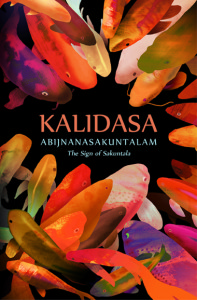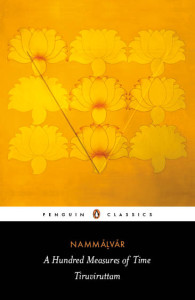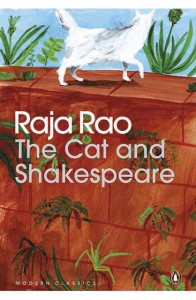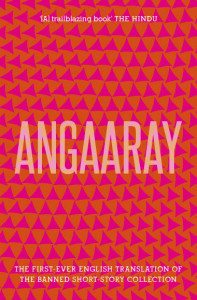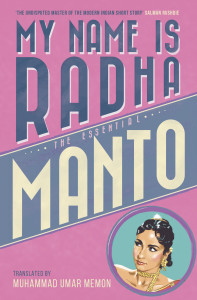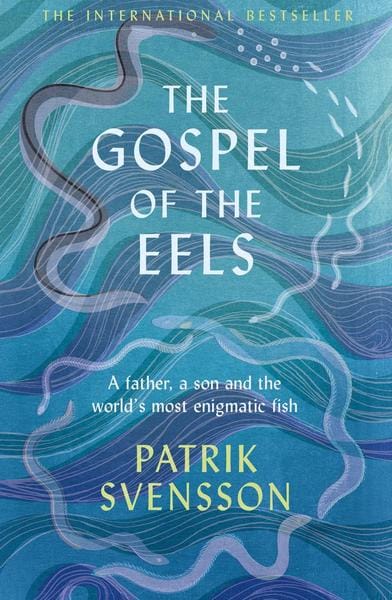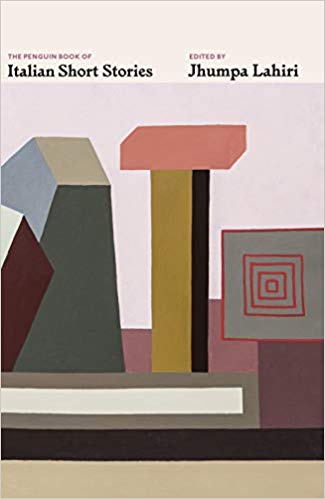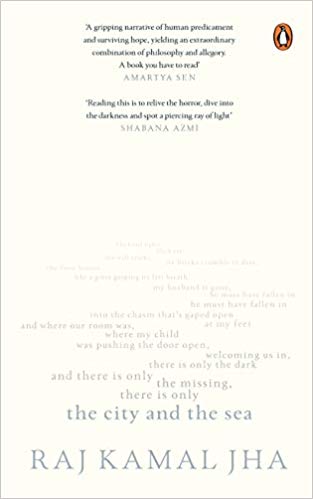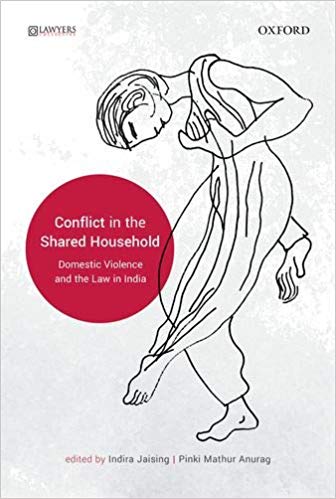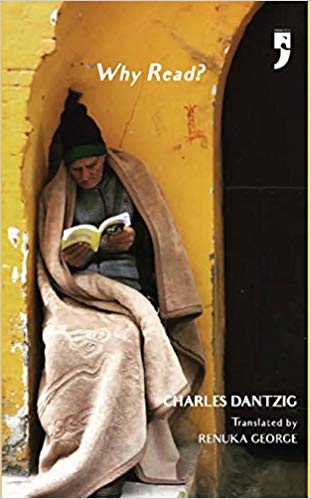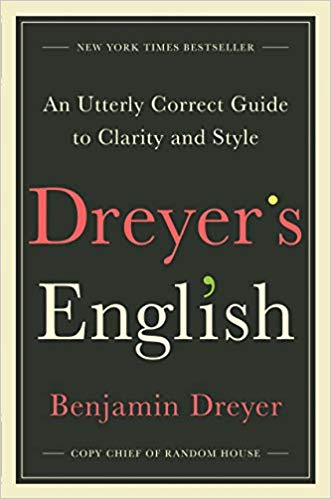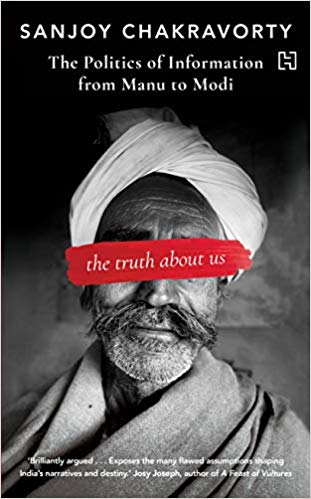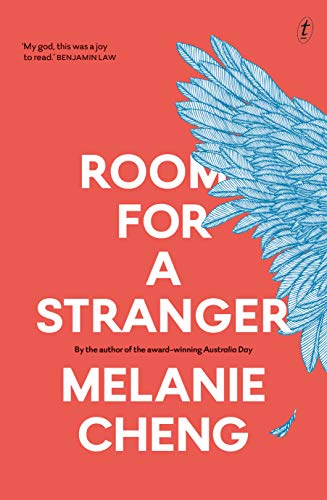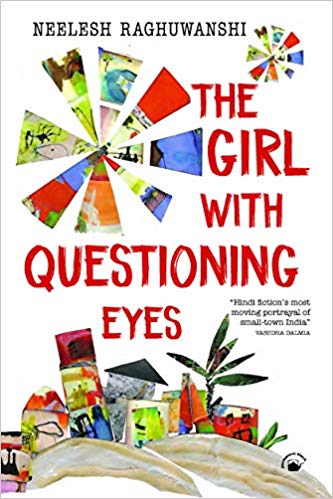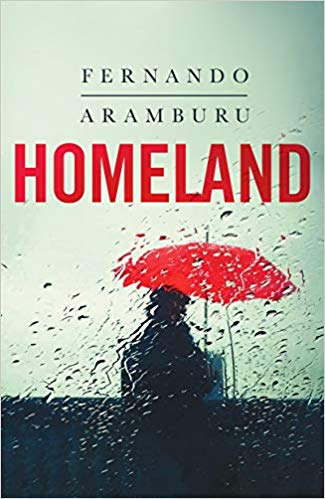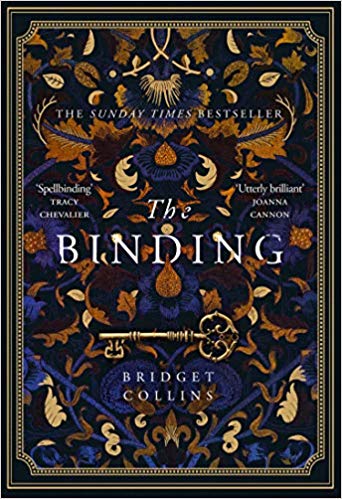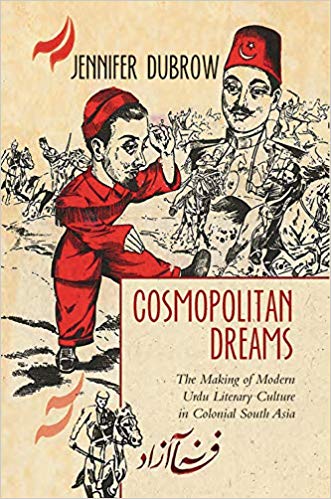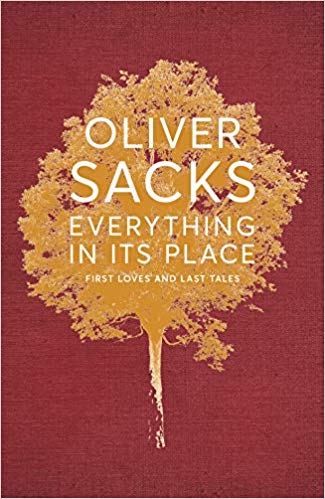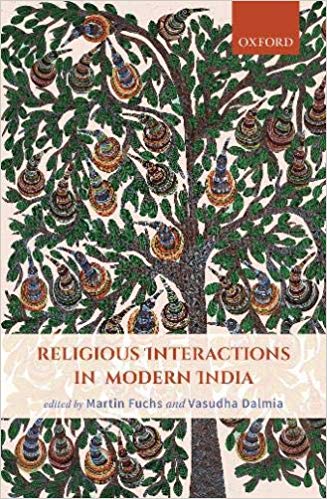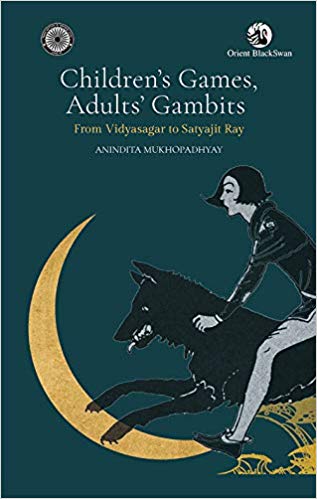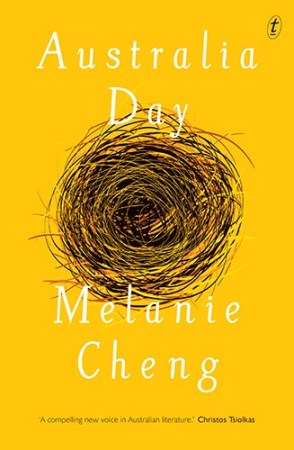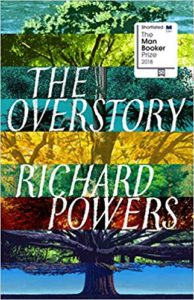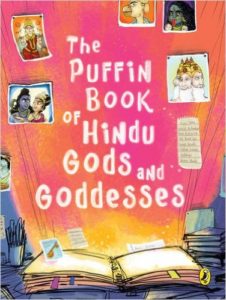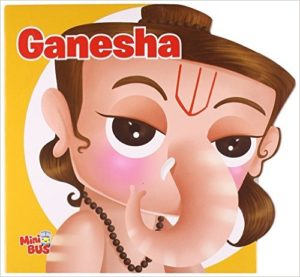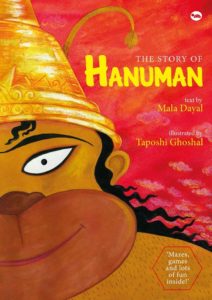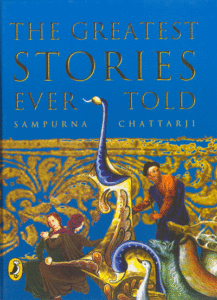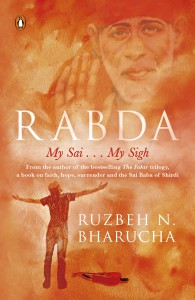This is a fabulous catalogue of books. Many of them are being reissued, many are translations commissioned for the first time and some are award-winning books. They have been rejacketed splendidly. A collection worth reading, dipping into, owning in personal and library collections. I am copy-pasting the catalogue with some of the beautiful book covers. For more information please contact Ambar Sahil Chatterjee, Associate Commissioning Editor, Penguin Random House India.
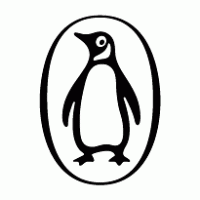
PENGUIN CLASSICS
MODERN CLASSICS
Bengali
BENGALI
CHATTOPADHYAY, SARATCHANDRA
The Final Question
Translated by Dept of English, Jadavpur University
9780143067788 • 392 • `399 • B/PB • World
Srikanta
Translated by Aruna Chakravarthi
9780143066477 • 504 • `499 • B/PB • World
DAS, JIBANANANDA Selected Poems
Translated by C. Das Gupta
9780143100263 • 104 • `199 • B/PB • World
MITRA, PREMENDRA Mosquito and Other Stories
Translated by Amlan Das Gupta
9780143063902 • 192 • `200 • B/PB • World
PARASHURAM Selected Stories
Translated by Sukanto Chaudhuri and Palash Baran Pal
9780143062202 • 324 • `299 • B/PB • World
RAY, SATYAJIT Indigo: Selected Stories
Translated by Indrani Majumdar
9780143068099 • 264 • `350 • B/PB • World
TAGORE, RABINDRANATH
‘A towering figure in the millennium-old literature of Bengal’ New York Review of Books
‘Not only an immensely versatile poet; he was also a great short story writer, novelist, [and] essayist’ Amartya Sen
Farewell Song
Translated by Radha Chakravarthy
978014341632 • 162 • `199 • B/PB • World except US
Gitanjali
Translated by William Radice
9780143419563 • 344 • `399 • B/PB • World
Gora
Translated by Radha Chakravarthy
9780143065838 • 544 • `499 • B/PB • World
He (Shey)
Translated by Aparna Chaudhuri
9780143102090 • 176 • `250 • B/PB • World
Home and the World
Translated by Sreejata Guha
9780143031413 • 240 • `350 • B/PB • World
Letters from a Young Poet: 1887-1895
Translated by Rosinka Chaudhuri
9780143415763 • 364 • `499 • B/PB • World
Postmaster: Selected Stories
Translated by William Radice
9780140188547 • 322 • `350 • B/PB • Indian Subcontinent only
Selected Poems
Translated by William Radice
9780140183665 • 208 • `299 • B/PB • Indian Subcontinent only
English
ALI, AGHA SHAHID The Country Without a Post Office
9780143420736 • 104 • `250 • B/PB • Indian Subcontinent only
ANAND, MULK RAJ
Coolie
9780140186802 • 208 • `299 • B/PB • Indian Subcontinent only
Seven Summers
9780144000180 • 256 • `250 • B/PB • World
Untouchable
9780143027805 • 160 • `200 • B/PB • Indian Subcontinent only
DAS, KAMALA Selected Poems
Edited with an introduction by Devindra Kohli
9780143421047 • 328 • `399 • B/PB • World
HOSAIN, ATTIA Sunlight on a Broken Column
9780143066484 • 336 • `399 • B/PB • Indian Subcontinent and
Singapore only
MARKANDAYA, KAMALA Nectar in a Sieve
9780143066576 • 200 • `250 • B/PB • Indian Subcontinent and
Singapore only
MEHROTRA, ARVIND KRISHNA Collected Poems: 1969-2014
Introduction by Amit Chaudhuri
9780143420842 • 336 • `399 • B/PB • Indian Subcontinent only
MEHTA, VED
Daddyji
9780143421030 • 232 • `399 • B/PB • Indian Subcontinent only
Face to Face: An Autobiography
9780143420767 • 328 • `499 • B/PB • Indian Subcontinent only
Mahatma Gandhi and His Apostles
9780143421023 • 312 • `399 • B/PB • Indian Subcontinent only
Portrait of India
9780143422303 • 640 • `699 • B/PB • Indian Subcontinent only
MORAES, DOM Selected Poems: 1954-2004
Edited with an introduction by Ranjit Hoskote
9780143418320 • 368 • `499 • B/PB • Indian Subcontinent and
Singapore only
NARAYAN, R.K.
‘A first-rate storyteller’ New Yorker
The Guide
Introduction by Pico Iyer
9780143414988 • 224 • `299 • B/PB • Indian Subcontinent only
The Man-eater of Malgudi
Introduction by Pico Iyer
9780143414964 • 216 • `225 • B/PB • Indian Subcontinent only
The Vendor of Sweets
Introduction by Pico Iyer
9780143414971 • 176 • `250 • B/PB • Indian Subcontinent only
Waiting for the Mahatma
Introduction by Pico Iyer
9780143414995 • 224 • `225 • B/PB • Indian Subcontinent only
NEHRU, JAWAHARLAL The Discovery of India
9780143031031 • 656 • `650 • B/PB • Indian Subcontinent and
Singapore only
‘Gives an understanding of the glorious intellectual and spiritual
tradition of [a] great country’ Albert Einstein
RAMANUJAN, A.K. Folktales from India
9780143066439 • 456 • `499 • Demy/PB • India only
RAO, RAJA
‘A pathbreaker of Indian writing in English’ Guardian
The Cat and Shakespeare
Introduction by R. Parthasarathy
9780143422327 • 240 • `299 • B/PB • World except North America
Collected Stories
Introduction by R. Parthasarathy
9780143422310 • 240 • `299 • B/PB • World except North America
Kanthapura
Introduction by R. Parthasarathy
9780143422341 • 240 • `299 • B/PB • World except North America
The Serpent and the Rope
Introduction by R. Parthasarathy
9780143422334 • 400 • `499 • B/PB • World except North America
TAGORE, RABINDRANATH Nationalism
Introduction by Ramachandra Guha
9780143064671 • 164 • `250 • B/PB • World
Hindi
ASHK, UPENDRANATH
Falling Walls
Translated by Daisy Rockwell
9780143423690 • 440 • `599 • Demy/PB • Indian Subcontinent only
Hats and Doctors
Translated by Daisy Rockwell
9780143417187 • 240 • `299 • B/PB • World except North America
JAINENDRA The Resignation: Tyagpatra
Translated by Rohini Chowdhury
Introduction by Mridula Garg
9780143415244 • 200 • `250 • B/PB • World
KAMLESHWAR Partitions
Translated by Ameena Kazi Ansari
9780143063704 • 384 • `350 • B/PB • World
PREMCHAND
‘One of the subcontinent’s best loved writers’ The Hindu
The Co-wife and Other Stories
Translated by Ruth Vanita
9780143101727 • 304 • `350 • B/PB • World
Playground: Rangbhoomi
Translated by Manju Jain
9780143102113 • 692 • `599 • Demy/PB • World
RAKESH, MOHAN One Day in the Season of Rain
Translated by Aparna Dharwadker and Vinay Dharwadker
9780670088027 • 288 • `499 • B/HB • World
SAHNI, BHISHAM
‘His literary merits—sharp wit, gentle irony, all-pervasive humour, penetrating
insight into character, mastery as raconteur, and profound grasp of the yearnings
of the human heart’ Outlook
Today’s Pasts: A Memoir
Translated by Snehal Shinghavi
9780670086665 • 300 • `499 • B/HB • World
Basanti
Translated by Shveta Sarda
9780143419815 • 220 • `299 • B/PB • World
Mansion
Translated by Shveta Sarda
9780143419822 • 352 • `399 • B/PB • World
Middle India
Translated by Gillian Wright
9780143066460 • 256 • `350 • B/PB • World
Boyhood
Translated by Anna Khanna
9780143420071 • 240 • `299 • B/PB • Indian Subcontinent except Bhutan
Tamas
Translated by the author
9780143063681 • 360 • `399 • B/PB • World
Tamas
Translated by Daisy Rockwell
9780670088058 • 360 • `499 • B/HB • Indian Subcontinent only
SHUKLA, SHRILAL Raag Darbari
Translated by Gillian Wright
9780143418894 • 360 • `399 • B/PB • World
‘If fiction is the moral history of our time, Shrilal Shukla chronicled
it with a poignancy never seen before’ Frontline
VAID, KRISHNA BALDEV
‘A stalwart of Hindi literature’ The Hindu
The Broken Mirror
Translated by Charles Sparrows and the author
9780143419785 • 420 • `499 • B/PB • Indian Subcontinent only
The Sculptor in Exile
Translated by the author
9780143419808 • 296 • `399 • B/PB • World
Steps in Darkness
Translated by the author
9780143419792 • 184 • `299 • B/PB • World
VERMA, NIRMAL
‘A uniquely tender sensibility’ Amitav Ghosh
Days of Longing
Translated by Krishna Baldev Vaid
9780143419143 • 232 • `299 • B/PB • Indian Subcontinent only
A Rag Called Happiness
Translated by Kuldip Singh
9780143420033 • 192 • `299 • B/PB • Indian Subcontinent only
The Red Tin Roof
Translated by Kuldip Singh
9780143420019 • 240 • `299 • B/PB • Indian Subcontinent only
YADAV, RAJENDRA Strangers on a Roof
Translated by Ruth Vanita
9780143423829 • 264 • `299 • B/PB • World
YASHPAL
Divya
Translated by Anand
9780143103127 • 304 • `299 • B/PB • World
This Is Not That Dawn: Jhootha Sach
Translated by Anand
Introduction by Harish Trivedi
9780143103134 • 1119 • `799 • Demy/PB • World
Malayalam
DAS, KAMALA
‘A rebel who defied categorisation’ The Times
Childhood in Malabar
Translated by Gita Krishnankutty
9780143068358 • 224 • `299 • B/PB • World
VIJAYAN, O.V. The Legends of Khasak
Translated by the author
9780143063674 • 216 • `250 • B/PB • World
Oriya
TAMIL
NAGARAJAN, G. Tomorrow Is One More Day
Translated by A. Julie and Abbie Ziffren
9780143414124 • 128 • `199 • B/PB • Indian Subcontinent,
Singapore and Malaysia only
RAMASWAMY, SUNDARA
One of the most versatile and innovative of Tamil writers, a great modernist
and a dazzling stylist
Children, Women, Men
Translated by Lakshmi Holmstrom
9780143420149 • 552 • `499 • B/PB • Indian Subcontinent only
Winner of the Crossword Prize for Translation 2014
Tamarind History
Translated by Blake Wentworth
9780143065616 • 220 • `299 • B/PB • Indian Subcontinent only
Waves
Translated by Lakshmi Holmstrom and Gomathi Narayanan
9780143420156 • 200 • `299 • B/PB • Indian Subcontinent only
22
TELUGU
CHASO Doll’s Wedding and Other Stories
Translated by David Shulman and Velcheru Narayana Rao
9780143068686 • 216 • `299 • B/PB • World
URDU
ALI, AHMED; MAHMUD-UZ-ZAFAR; JAHAN, RASHID
AND ZAHEER, SAJJAD Angaaray
Translated by Snehal Shingavi
9780670087174 • 208 • `499 • B/HB • World
The iconic book that changed the rules of Urdu literature
CHUGTAI, ISMAT
‘Urdu’s most courageous and controversial woman writer’ Sunday Herald
A Life in Words: Memoirs
Translated by M. Asaduddin
9780143420316 • 312 • `399 • B/PB • World
Winner of the Crossword Prize for Translation 2013
Lifting the Veil: Selected Stories
Translated by M. Asaduddin
9780143066453 • 288 • `350 • B/PB • Indian Subcontinent only
Winner of the Sahitya Akademi Award for Translation 2004
IKRAMULLAH Regret: Two Novellas
Translated by Faruq Hassan and Muhammad Umar Memon
9780143423126 • 264 • `299 • B/PB • Indian Subcontinent only
25
IQBAL Taking Issue and Allah’s Answer
Translated by Mustansir Dalvi
9780143416852 • 184 • `299 • B/PB • World
MANTO, SAADAT HASAN
‘The undisputed master of the modern Indian short story’ Salman Rushdie
Bitter Fruit: The Very Best of Saadat Hasan Manto
Translated by Khalid Hasan
9780143102175 • 736 • `650 • Demy/PB • World
Kingdom’s End: Selected Stories
Translated by Khalid Hasan
97801434102182 • 240 • `399 • B/PB • World
Mottled Dawn: Fifty Sketches and Stories of Partition
Translated by Khalid Hasan
Introduction by Daniyal Mueenuddin
9780143418313 • 214 • `299 • B/PB • World
My Name Is Radha: The Essential Manto
Translated by Muhammad Umar Memon
9780670086900 • 340 • `599 • Royal/HB • Indian Subcontinent only
Stars from Another Sky
Translated by Khalid Hasan
Introduction by Jerry Pinto
9780143415367 • 200 • `350 • B/PB • World
MAZOOM, REZA RAHI A Village Divided
Translated by Gillian Wright
9780143063667 • 395 • `395 • B/PB • World
NAIYER, MASUD
‘A poet’s storyteller’ Agha Shahid Ali
Collected Stories
Translated by Muhammad Umar Memon
TBC • 600 • Royal/HB • `899 • World
The Occult
Translated by Muhammad Umar Memon
9780670086993 • 240 • `399 • B/HB • South Asia except Pakistan
BLACK CLASSICS
BENGALI
CHAKRAVARTI, KAVIKANKAN MUKUNDARAM Chandimangal Translated by Edward M. Yazijian
9780143422181 • 360 • `399 • B/PB • World
DUTT, MICHAEL MADHUSUDAN The Poem of the Killing of Meghnad: Meghnādbadh kābya
Translated by William Radice
9780143414131 • 552 • `499 • B/PB • World
HOSSAIN, ROKEYA SAKHAWAT Sultana’s Dream and Padmarag Translated by Barnita Bagchi
9780144000036 • 228 • `250 • B/PB • World
A feminist utopian cult classic
ENGLISH
CHATTOPADHYAY, BANKIM CHANDRA Rajmohan’s Wife
Introduction by Meenakshi Mukherjee
9780143067436 • 168 • `250 • B/PB • World
FRENCH
DUTT, TORU Diary of Mademoiselle D’Arvers
9780143032557 • 168 • `200 • B/PB • World
32 33
GUJARATI
ANANDGHAN It’s a City-showman’s Show!: Transcendental Songs of Anandghan
Translated by Imre Bangha and Richard Fynes
9780143415558 • 168 • `299 • B/PB • World except North America
and Australia
HINDI
BANARASIDAS Ardhakathanak: A Half Story
Translated by Rohini Chowdhury
Introduction by Rupert Snell
9780143100546 • 360 • `399 • B/PB • World
The first autobiography in the Indian literary tradition
KABIR Kabir: The Weaver’s Songs
Translated by Vinay Dharwadker
9780143029687 • 328 • `399 • B/PB • World
Winner of the Sahitya Akademi English Translation Award 2007
KANNADA
I Keep Vigil of Rudra: The Vachanas
Translated with an introduction by H.S. Shivaprakash
9780143063575 • 262 • `299 • B/PB • World
Speaking of Siva
Translated by A.K. Ramanujan
9780140442700 • 200 • `250 • B/PB • India only
KASHMIRI
DĚD, LAL I, Lalla: The Poems of Lal Děd
Translated by Ranjit Hoskote
9780143420781 • 328 • `299 • B/PB • World
Winner of the Sahitya Akademi English Translation Award 2013
MALAYALAM
PUNTANAM AND MELPATTUR Two Measures of Bhakti
Translated by Vijay Nambisan
9780143064480 • 108 • `150 • B/PB • Indian Subcontinent and
Singapore only
PALI
Jatakas, The: Birth Stories of the Bodhisatta
Translated by Sarah Shaw
9780144001477 • 408 • `399 • B/PB • World
PERSIAN
GHANI, TAHIR The Captured Gazelle: The Poems of Ghani Kashmiri
Translated by Mufti Mudasir Farooqi and Nusrat Bazaz
9780143415626 • 280 • `399 • B/PB • World
KHUSRAU, AMIR In the Bazaar of Love: The Selected Poetry of Amir Khusrau Translated by Paul E. Losensky and Sunil Sharma
9780143420798 • 224 • `299 • B/PB • World
A comprehensive selection from one of the best-loved and most accomplished poets of the subcontinent
PRAKRIT
The Absent Traveller: Prakit Love Poetry from the Gathasaptasati of Satavahana Hala Translated by Arvind Krishna Mehrotra
9780143100805 • 120 • `199 • B/PB • World
‘Witty, terse, spare, memorable’ A.K. Ramanujan
Circle of Six Seasons: A Selection from Old Tamil, Prakrit and Sanskrit Poetry Translated by Martha Ann Selby
9780141007724 • 200 • `250 • B/PB • World
Forest of Thieves and the Magic Garden
Translated by Phyllis Granoff
9780140437225 • 384 • `399 • B/PB • Indian Subcontinent only
SANSKRIT
BANA Kadambari
Translated by Padmini Rajappa
9780143064664 • 424 • `399 • B/PB • World
Winner of the Sahitya Akademi English Translation Award 2014
Bhagavad Gita, The
Translated by Juan Mascaro
9780140441215 • 128 • `250 • B/PB • Indian Subcontinent only
BHASA The Shattered Thigh and Other Plays
Translated by A.N.D. Haksar
9780143104308 • 160 • `250 • B/PB • World
DANDIN Tales of the Ten Princes: Dasa Kumara Charitam
Translated by A.N.D. Haksar
9780143104223 • 218 • `250 • B/PB • World
Hindu Myths
Translated by Wendy Doniger
9780144000111 • 357 • `399 • B/PB • Indian Subcontinent only
KALIDASA
The greatest poet of the Sanskrit language
Abhijnanashakuntalam: The Recognition of Shakuntala
Translated by Vinay Dharwadker
9780670087464 • 300 • `399 • B/HB • World
Kumarasambhavam: The Origin of the Young God
Translated by Hank Heifetz
9780143424079 • 240 • `399 • B/PB • World
The Loom of Time
Translated by Chandra Rajan
9780144000784 • 344 • `399 • B/PB • Indian Subcontinent only
Malavikagnimitram: The Dancer and the King
Translated by Srinivas Reddy
9780143424086 • 176 • `399 • B/PB • World
Raghuvamsam: The Line of Raghu
Translated by A.N.D. Haksar
9780670087105 • 208 • `399 • B/HB • World
KAUTILYA The Arthashastra
Translated by L.N. Rangarajan
9780140446036 • 872 • `650 • Demy/PB • World
The pre-eminent manual on statecraft
KSHEMENDRA
The Courtesan’s Keeper: Samaya Matrika
Translated by A.N.D. Haksar
9780143421474 • 200 • `299 • B/PB • World
Three Satires from Ancient Kashmir
Translated by A.N.D. Haksar
9780143063230 • 184 • `250 • B/PB • World
MALLA, KALYANA Suleiman Charitra
Translated by A.N.D. Haksar
9780143420590 • 144 • `250 • B/PB • World
MANU Laws of Manu
Translated by Wendy Doniger and Brian K. Smith
9780140445404 • 368 • `450 • B/PB • India only
NARAYANA Hitopadesa
Translated by A.N.D. Haksar
9780144000791 • 260 • `299 • B/PB • Indian Subcontinent only
PATANJALI Patanjali’s Yoga Sutra
Translated by Shyam Ranganathan
9780143102199 • 336 • `399 • B/PB • Commonwealth countries and South Asia only
The foundational text for the practice of yoga
Rig Veda
Translated by Wendy Doniger
9780140444025 • 344 • `399 • B/PB • Indian Subcontinent only
SANKARA The Roots of Vedanta
Translated by Sudhakshina Rangaswami
9780143064459 • 480 • `499 • B/PB • World
ŚARMA, VISNU The Panćatantra
Translated by Chandra Rajan
9780144000715 • 512 • `499 • B/PB • Indian Subcontinent only
Seduction of Shiva, The: Tales of Life and Love
Translated by A.N.D. Haksar
9780143415404 • 256 • `399 • B/PB • World
Simhasana Dvatrimsika: Thirty-Two Tales
Translated by A.N.D. Haskar
9780140447484 • 216 • `250 • B/PB • World
SIVADASA The Five and Twenty Tales of the Genie
Translated by Chandra Rajan
9780144000456 • 336 • `299 • B/PB • Indian Subcontinent only
SOMADEVA Tales from the Kathasaritasagara
Translated by Arshia Sattar
9780140247213 • 264 • `350 • B/PB • World
Subhashitavali: An Anthology of Comic, Erotic and other Verse
Translated by A.N.D. Haksar
9780143101369 • 208 • `250 • B/PB • World
TRYAMBKAYAJVAN The Perfect Wife: Stridharmapaddhati
Translated by Julia Leslie
9780140435986 • 392 • `375 • B/PB • World
Upanisads, The
Translated by Valerie J. Roebuck
9780140447491 • 503 • `499 • B/PB • Indian Subcontinent only
VALMIKI Ramayana
Translated by Arshia Sattar
9780140298666 • 696 • `699 • B/PB • World
A brilliant, beloved translation of the great Indian great epic
VATSYAYANA
Kama Sutra: A Guide to the Art of Pleasure
Translated by A.N.D. Haksar
9780670085637 • 240 • `450 • B/PB • Indian Subcontinent only
Kama Sutra of Vatsyayana
Translated by Richard Burton
9780143066446 • 258 • `350 • B/PB • World
TAMIL
Extraordinary Child
Translated by Paula Richman
9780143063179 • 312 • `375 • B/PB • Indian Subcontinent and
UK only
ILANGO Cilappatikaram: The Tale of an Anklet
Translated by R. Parthasarathy
9780143031963 • 440 • `450 • Demy/PB • Indian Subcontinent only
Winner of the Sahitya Akademi English Translation Award 1995
KAMBAN The Kamba Ramayana
Translated by P.S. Sundaram
9780143028154 • 464 • `450 • B/PB • World
Love Stands Alone: Selections from Tamil Sangam Poetry
Translated by M.L. Thangappa
Introduction by A.R. Venkatachalapathy
9780143103974 • 256 • `299 • B/PB • World
Winner of the Sahitya Akademi English Translation Award 2012
River Speaks,The: The Vaiyai Poems from the Paripatal
Translated by V.N. Muthukumar and Elizabeth Rani Segran
9780143415077 • 182 • `250 • B/PB • World except North America
NAMMĀLVĀR
A Hundred Measures of Time: Tiruviruttam Translated by Archana Venkatesan
9780143066378 • 280 • `399 • B/PB • World
Hymns for the Drowning Translated by A.K. Ramanujan
9780144000104 • 175 • `250 • B/PB • World
Red Lilies and Frightened Birds: Muttollayiram Translated by M.L. Thangappa
Introduction by A.R. Venkatachalapathy
9780143064855 • 240 • `299 • B/PB • World
TIRUVALLUVAR Kural
Translated by P.S. Sundaram
9780144000098 • 168 • `250 • B/PB • World
TELUGU
APPARAO, GURAJADA Girls for Sale: Kanyasulkam Translated by Velcheru Narayana Rao
9780143066880 • 366 • `350 • B/PB • Indian Subcontinent only
KRISHNADEVARAYA, SRI The Giver of the Worn Garland: Amuktamalyada Translated by Srinivas Reddy
9780143065456 • 264 • `250 • B/PB • World
A masterpiece by the sixteenth-century emperor Krishnadevaraya
of Vijayanagaram
MUDDUPALANI The Appeasement of Radhika
Translated by Sandhya Mulchandani
9780143417484 • 200 • `250 • B/PB • World
TURKISH
BABUR Babur Nama
Translated by Annette Beveridge
Selected with an introduction by Dilip Hiro
9780144001491 • 385 • `450 • B/PB • World
URDU
AMMAN, MIR A Tale of Four Dervishes
Translated by Mohammed Zakir
9780140245738 • 158 • `199 • B/PB • Indian Subcontinent only
Tilism-e-Hoshruba: The Enchantment of the Senses
Translated by Shahnaz Aijazuddin
9780143102724 • 924 • `699 • Demy/PB • World
The world’s first magical fantasy epic
MISCELLANEOUS CLASSICS
ARABIC
Quran
Translated by Tarif Khalidi
9780670084173 • 560 • `599 • B/HB • Indian Subcontinent only
BENGALI
CHATTOPADHYAY, SARATCHANDRA Classic Saratchandra 9780144000142 • 816 • `699 • Demy/PB • World
TAGORE, RABINDRANATH Classic Rabindranath Tagore 9780143416326 • 1136 • `599 • Demy/PB • World
TAGORE, RABINDRANATH I Won’t Let You Go: Selected Poems Translated by Ketaki Kushari Dyson
9780143416142 • 320 • `450 • Demy/PB • Indian Subcontinent and
Singapore only
ENGLISH
ANAND, MULK RAJ Classic Mulk Raj Anand
Edited with an introduction by Saros Coswajee
9780143422402 • 728 • `599 • Demy/PB • Indian Subcontinent only
AUSTEN, JANE Classic Jane Austen
9780143068594 • 1336 • `550 • Demy/PB • World
52 53
CARROLL, LEWIS Classic Lewis Carroll
9780143068617 • 1176 • `599 • Demy/PB • World
DOYLE, SIR ARTHUR CONAN Classic Sherlock Holmes
9780143068600 • 1128 • `599 • Demy/PB • World
NARAYAN, R.K. Indian Epics Retold
9780140255645 • 630 • `599 • B/PB • Indian Subcontinent and
Singapore only
SANSKRIT
Bhagavad Gita, The
Translated by Juan Mascaro
9780670084166 • 124 • `350 • B/HB • Indian Subcontinent only
Mahabharata, The Volumes 1-10
Translated by Bibek Debroy
9780143424789 • `4999 • Demy/PB • World
The greatest story ever told, now in its definitive translation
‘Debroy’s lucid and nuanced retelling of the original makes
the masterpiece even more enjoyably accessible’ Open
‘Excellent . . . A pleasure to read’ Tribune
Volume 1
9780143425144 • 536 • `499 • Demy/PB • World
Volume 2
9780143425151 • 528 • `499 • Demy/PB • World
Volume 3
9780143425168 • 648 • `499 • Demy/PB • World
Volume 4
9780143425175 • 624 • `499 • Demy/PB • World
Volume 5
9780143425182 • 632 • `499 • Demy/PB • World
Volume 6
9780143425199 • 560 • `499 • Demy/PB • World
Volume 7
9780143425205 • 600 • `499 • Demy/PB • World
Volume 8
9780143425212 • 752 • `499 • Demy/PB • World
Volume 9
9780143425229 • 760 • `499 • Demy/PB • World
Volume 10
9780143425236 • 726 • `499 • Demy/PB • World
VALMIKI Ramayana
Translated by Arshia Sattar
9780670084180 • 696 • `699 • B/HB • World
For more information please contact:
Ambar Sahil Chatterjee ( [email protected] )
Associate Commissioning Editor
Penguin Books India
Penguin Random House
